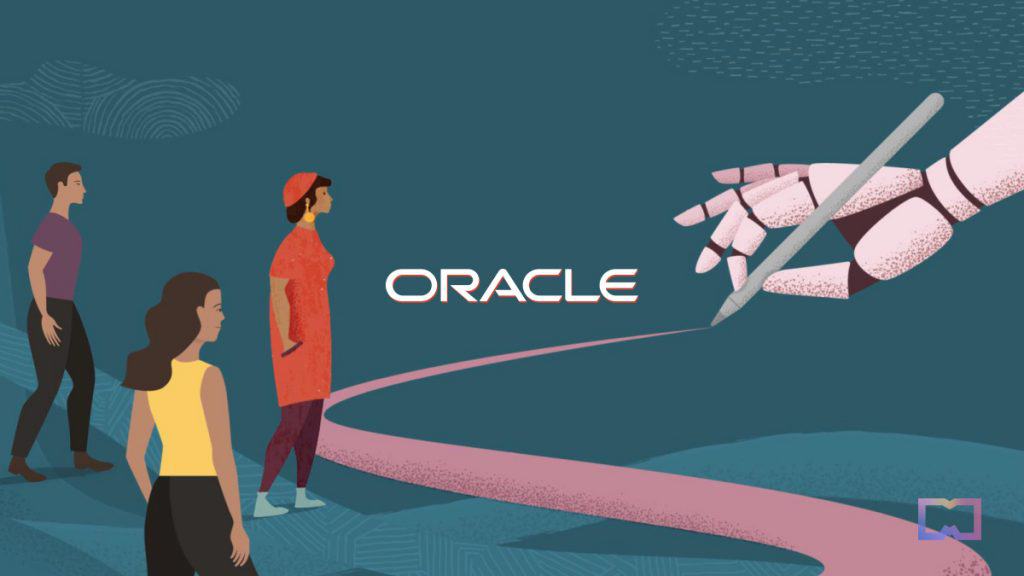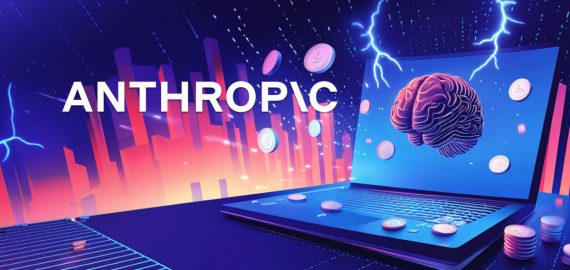Oracle Enhances HR Software with Generative AI


In Brief
Oracle is integrating generative AI capabilities into its human resources software to streamline HR processes.
The addition of generative AI aims to improve productivity, enhance the employee experience, and drive faster business value.
Customers can leverage powerful language models to reduce task completion time, refine models using their own data, and ensure data security.

Oracle is adding generative AI features to its human resources software. The initiative aims to streamline HR processes by assisting in drafting job descriptions, driving faster business value, improving productivity, and enhancing the candidate and employee experience.
“Generative AI is boosting productivity and unlocking a new world of skills, ideas, and creativity that can have an immediate impact in the workplace,”
said Chris Leone, executive vice president of applications development, Oracle Cloud HCM.
Leone added that generative AI facilitates HR functions by summarizing, authoring, and suggesting content, removing existing obstacles for employees. Oracle’s newly embedded generative AI capabilities allow customers to leverage powerful language models, reducing task completion time, enhancing the employee experience, and improving workforce insights’, and accuracy.
Customers can refine models using their own data for their specific business needs. Each customer has dedicated generative AI models tuned exclusively to their proprietary data, ensuring data security. Moreover, built-in prompts help to achieve better results while reducing bias and factual errors.
Oracle’s human resources software is widely used by large enterprises for tasks like recruitment and performance evaluations. To streamline these processes, Oracle plans to introduce a button feature within the software, allowing users to automatically generate draft text for various fields, including job listings and performance goals.
Rich Buchheim, the vice president of product management for Oracle Adaptive Intelligence Applications, explained to Reuters that implementing a button interface instead of an open-ended chatbot aims to ensure that the generated text is effective and reliable.
Buchheim emphasized that the text generated by the AI assistant would still require human approval. The goal is not for generative AI to entirely replace the user’s input but to provide a starting point and information to facilitate the process.
One of Oracle’s future ambitions is to leverage AI for more advanced HR functions, such as creating job descriptions that meet the legal standards of various regions. According to Guy Waterman, Oracle’s VP of people analytics and HCM technology and innovation, this would enable faster and more efficient decision-making and implementation. He said: “With generative AI, we can reduce the time it takes from weeks or days to hours or minutes.”
A few weeks ago, Oracle announced a partnership with Cohere, an enterprise AI platform, to offer generative AI services to customers across various industries. Cohere will use Oracle Cloud Infrastructure to train and deploy its advanced generative AI models, which will be integrated into Oracle’s cloud and business applications.
Read more:
- Oracle Red Bull Racing, Bybit, and Chiru Labs collaborate: Azuki becomes the first-ever NFT displayed on an F1 car
- Web3 and Venture Capital in 2023: A Look at the Emerging Trends
- Top 5 crypto Discord groups to follow in 2023
Disclaimer
In line with the Trust Project guidelines, please note that the information provided on this page is not intended to be and should not be interpreted as legal, tax, investment, financial, or any other form of advice. It is important to only invest what you can afford to lose and to seek independent financial advice if you have any doubts. For further information, we suggest referring to the terms and conditions as well as the help and support pages provided by the issuer or advertiser. MetaversePost is committed to accurate, unbiased reporting, but market conditions are subject to change without notice.
About The Author
Agne is a journalist who covers the latest trends and developments in the metaverse, AI, and Web3 industries for the Metaverse Post. Her passion for storytelling has led her to conduct numerous interviews with experts in these fields, always seeking to uncover exciting and engaging stories. Agne holds a Bachelor’s degree in literature and has an extensive background in writing about a wide range of topics including travel, art, and culture. She has also volunteered as an editor for the animal rights organization, where she helped raise awareness about animal welfare issues. Contact her on [email protected].
More articles

Agne is a journalist who covers the latest trends and developments in the metaverse, AI, and Web3 industries for the Metaverse Post. Her passion for storytelling has led her to conduct numerous interviews with experts in these fields, always seeking to uncover exciting and engaging stories. Agne holds a Bachelor’s degree in literature and has an extensive background in writing about a wide range of topics including travel, art, and culture. She has also volunteered as an editor for the animal rights organization, where she helped raise awareness about animal welfare issues. Contact her on [email protected].


















































